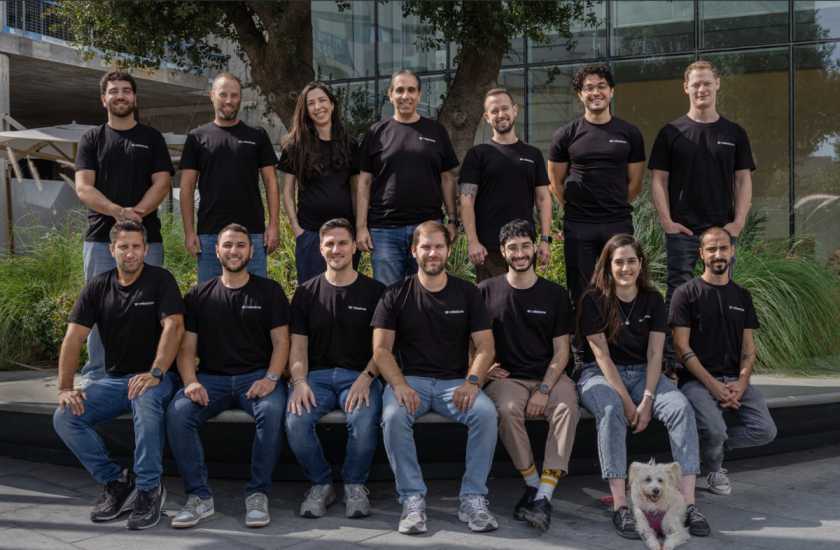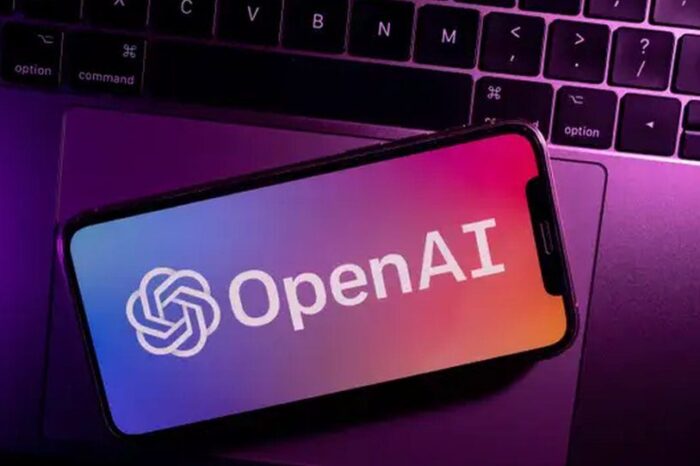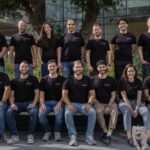Milestone raises $10M to help enterprises track and maximize the ROI of generative AI coding tools

AI coding assistants are flooding engineering teams, climbing into every stage of the software lifecycle. Developers are using them constantly, leaders are betting budgets on them, and companies at every scale are trying to figure out what this shift really means for productivity. Yet for all the hype and adoption, most organizations still can’t answer a basic question: Are these tools actually helping?
That gap is exactly where Israeli AI startup Milestone has planted its flag — and now it has fresh capital to widen its lead. The enterprise AI-measurement startup announced a $10 million Seed round led by Heavybit and Hanaco Ventures, with participation from Atlassian Ventures and well-known industry figures, including John Donovan, former CEO of AT&T; Tom Preston-Warner, co-founder of GitHub; Paul Daugherty, former CTO of Accenture; and Amit Agrawal, past president of Datadog.
“Ten years ago, a moment of academic curiosity in a Dublin classroom set me on an unexpected path: to help shape how engineering will work in the AI era. And today, that path reached a major milestone: Milestone has raised $10M in seed funding, led by Heavybit and Hanaco Ventures, with participation from Atlassian Ventures and world-class leaders from AT&T, GitHub, Accenture, and Datadog,” Milestone said in a blog post.
With $10M in Seed Funding, Israeli AI Startup Milestone Aims to Quantify Productivity Gains from AI Coding Tools
The timing isn’t accidental. AI coding assistants are spreading through development teams at a speed that would’ve been unthinkable a few years ago. Stack Overflow’s 2025 developer survey reports that 84% of developers use AI tools in their workflow, and 51% use them daily. Sundar Pichai recently said more than 30% of Google’s code now comes from AI systems. The adoption curve is unmistakable. The visibility, though, is the missing piece.
“Generative AI is rewriting how software is built, but most companies are still guessing at the results,” said Liad Elidan, co-founder and CEO of Milestone.
“Milestone closes that gap by quantifying what’s actually happening inside engineering organizations so they can turn AI adoption into measurable performance. When teams can finally see how AI affects their work, they trust it more, and that trust drives broader adoption across the company. That’s how you create a real AI culture, not just AI experimentation. An AI culture means every developer, team, and manager understands the value of AI in their workflow, speaks the same language of metrics, and uses data to continuously improve how they build software.”
Milestone’s pitch is straightforward: enterprises don’t need AI cheerleading. They need clarity. The platform plugs into every major part of an engineering stack — source control, project management tools, HR systems, and AI coding assistants — and ties real usage back to metrics such as delivery speed, code quality, and long-term maintainability. Leaders can trace where AI is helping, where it isn’t, and where processes or teams need rethinking.
That reach is possible because Milestone partners with GitHub, Augment Code, Qodo, Continue, and Atlassian, and integrates with popular AI coding tools including Cursor, Windsurf, and Claude Code. By pulling all this activity into one system, the platform gives engineering leaders a single view of how AI is shaping their teams’ day-to-day work.
“At GitHub, we believe giving teams the right platform, the right tools, and the right insight wins,” said Kyle Daigle, COO of GitHub. “Empowering developers with AI is critical, but understanding the impact of AI tools is equally important. Working with Milestone on this front gives us new visibility into how AI-driven engineering practices scale in real environments—and most importantly, how we can help turn that into measurable value. Together, we’re not just innovating: we’re evolving what engineering success looks like.”
Milestone’s internal analysis backs up the need for visibility. After studying thousands of engineers across major organizations, the team found that AI doesn’t replace developers — it magnifies what they’re able to do. The real lever isn’t the model alone; it’s the context surrounding it. Richer project and architectural information leads to up to 270% higher throughput and up to 60% higher code accuracy. In other words, AI tools perform best when they aren’t operating in a vacuum.
“We’re shifting from a world where all code was written by humans, to one where humans and agents write code together,” said Prof. Stephen Barrett, co-founder and CTO of Milestone. “The incredible speed of innovation in AI is exciting, but it’s challenging for engineering organizations to keep pace with so many new breakthroughs across algorithms, models, and tools. Milestone gives leaders a clear picture of how their teams are using AI to ensure they always deliver the best possible code at the best possible velocity, even as markets and AI tools change.”
Elidan and Barrett’s partnership started long before Milestone. They met at Trinity College Dublin, where Barrett taught computer science and researched how to measure engineering productivity. Their early work on software metrics eventually became the backbone of Milestone’s GenAI analysis engine.
“The dawn of Continuous AI is transforming how software is built, and the best engineering teams know that maximizing developer productivity depends on deep visibility into their full engineering data stack,” said Joseph Ruscio, Partner at Heavybit. “Milestone has built secure, enterprise-grade integrations across the entire engineering toolchain. That foundation uniquely positions them to help engineering leaders maximize the impact of AI on their development teams.”
With AI rewriting modern software development, companies are desperate for signals in a sea of noise. Milestone believes the next wave of engineering excellence will be shaped not by who adopts AI the quickest, but by who understands it with the most clarity. This funding round gives the company room to deepen that mission — and meet an engineering world trying to catch up with its own tools.




